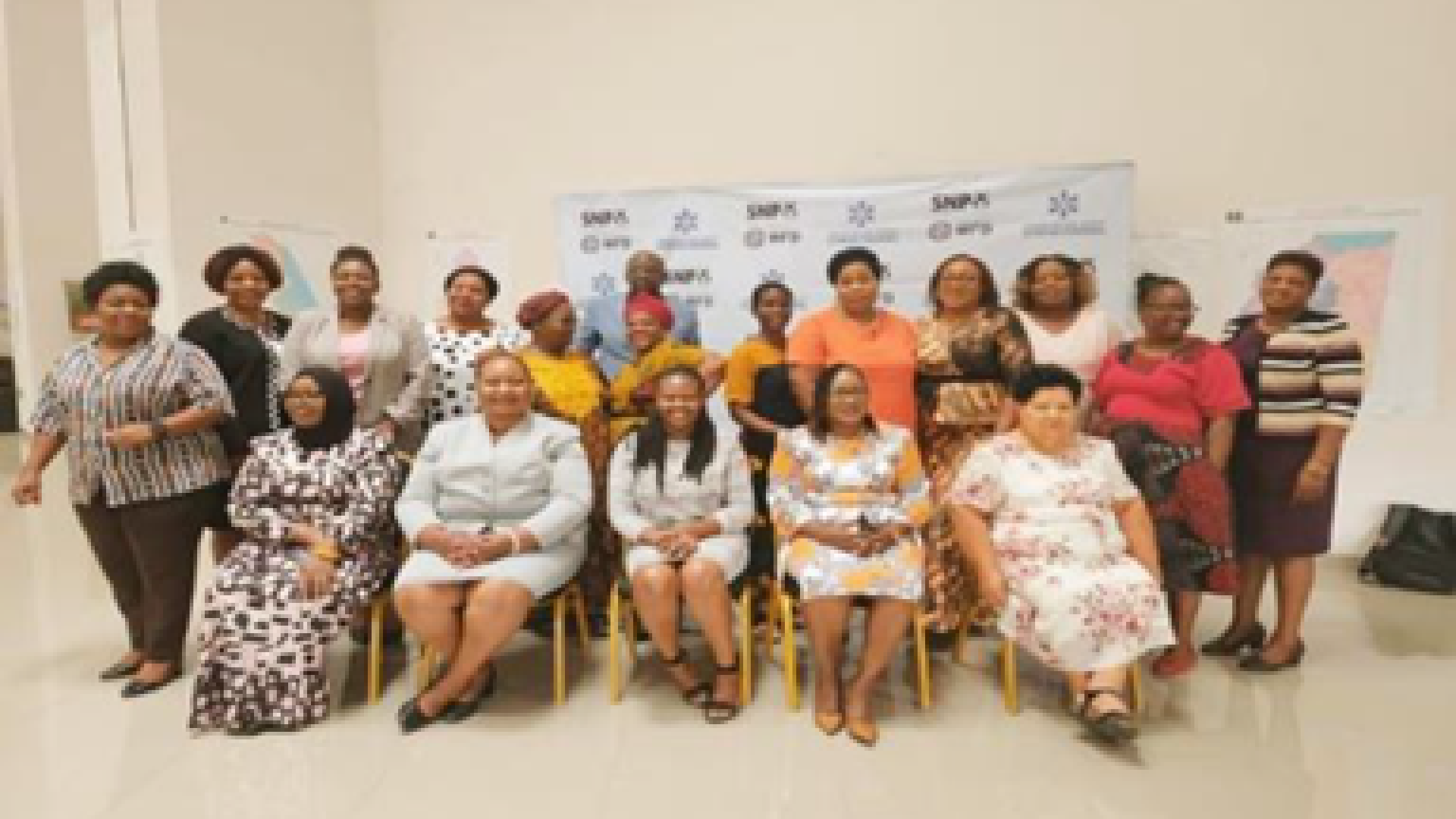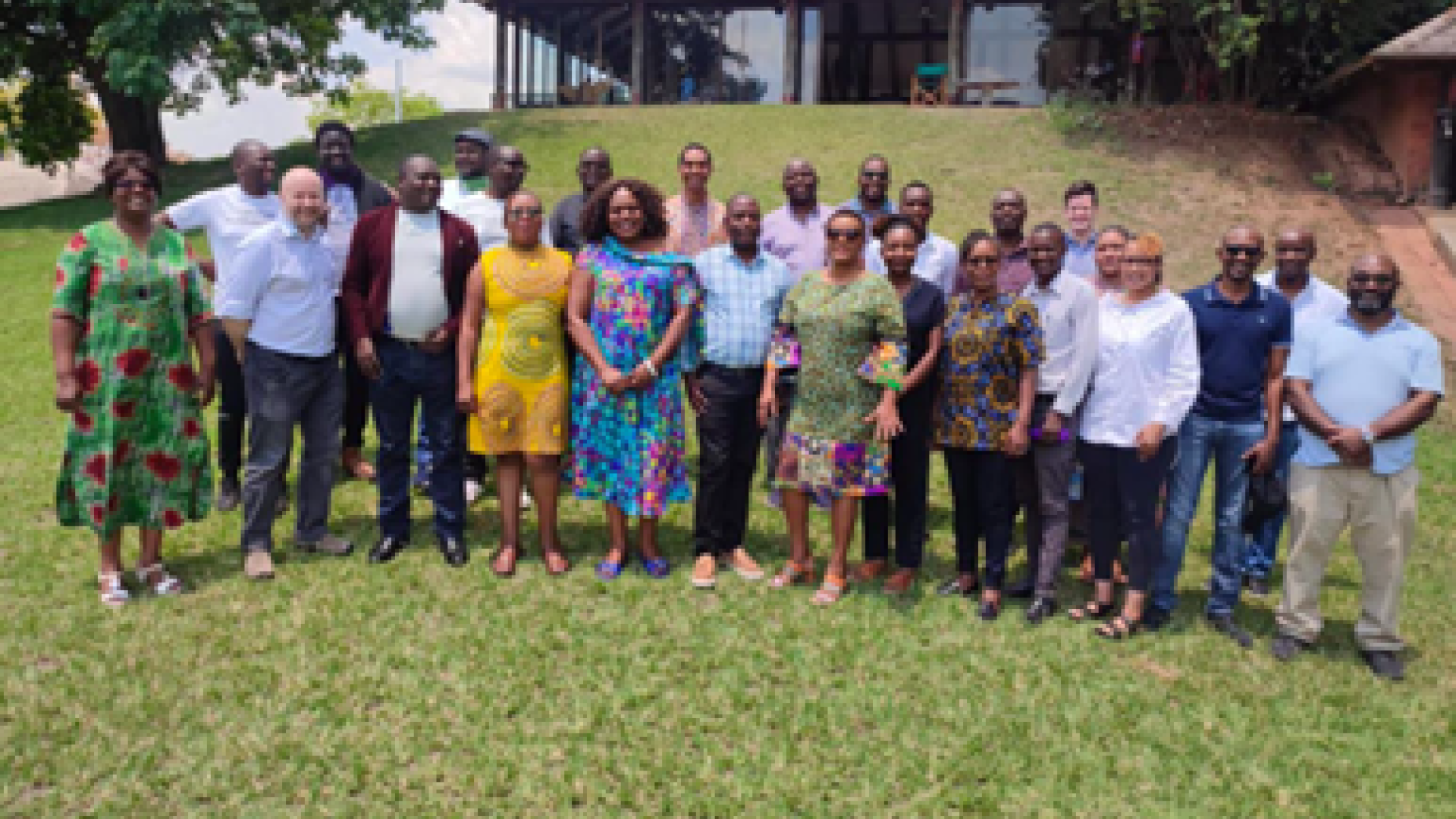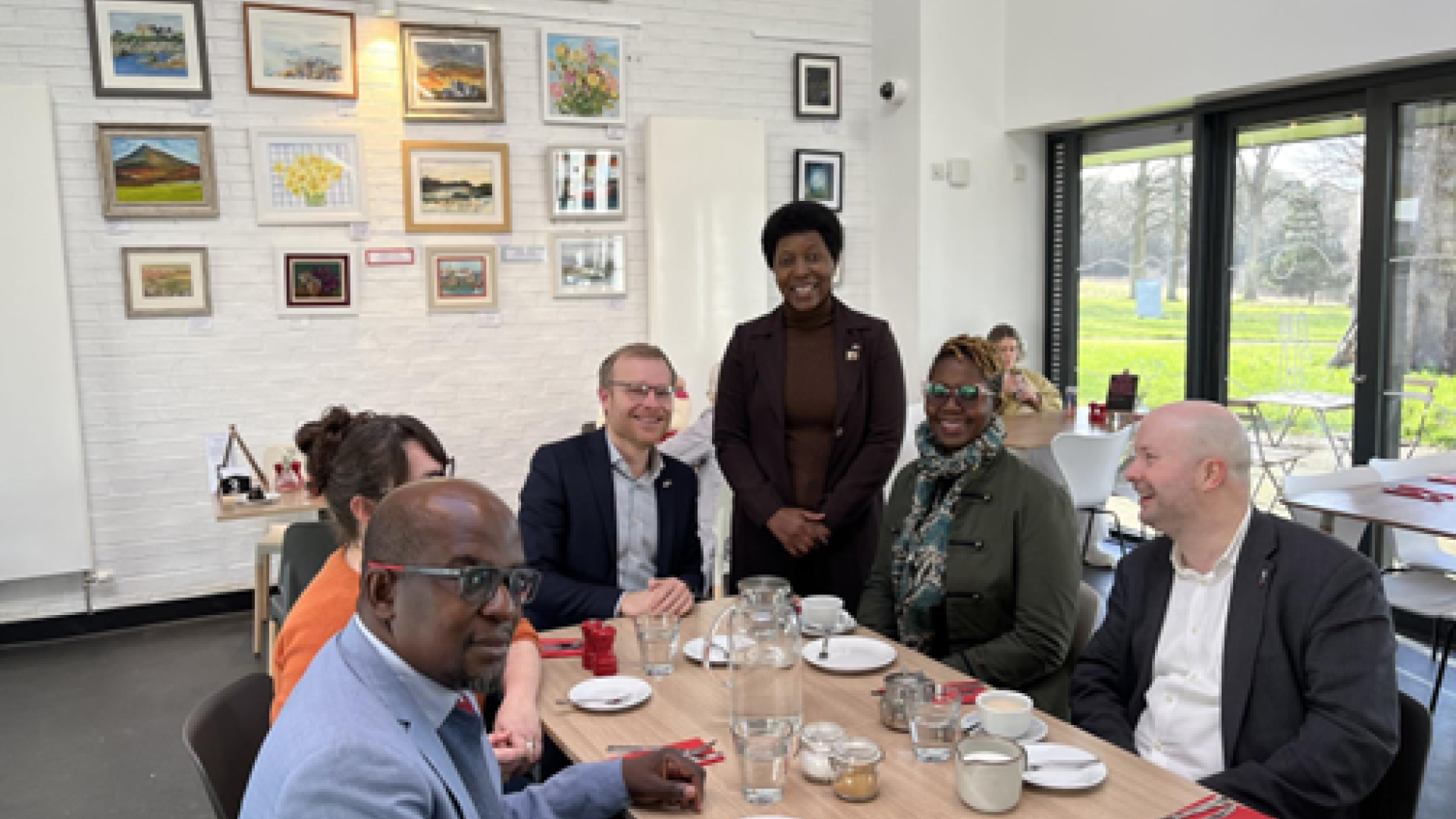SNP's global initiatives: Nurturing democracy, equality, and sustainability

The Scottish National Party (SNP) has been actively engaged in supporting democracy, gender equality, and environmental protection through its Westminster Foundation for Democracy (WFD) programmes. Here are 9 key highlights from its work in 2023-2024:
1. Promoting gender-responsive budgeting
The SNP WFD programme published gender-responsive budgeting (GRB) guidance note in Malawi, enabling MPs to analyse national budgets from a gender perspective. This guidance note helps uncover gender inequalities in budget areas such as health, education, employment, and agriculture, aiding MPs in advocating for more equitable budget allocations.
2. Supporting enhanced legislative oversight in Zambia
In Zambia, SNP WFD initiatives led to the establishment of the Zambian Parliamentary Caucus on Post-legislative Scrutiny. This caucus, created with the support of three Zambian MPs who received training at the University of London, strengthens parliamentary oversight of legislation and promotes outcome-based lawmaking.
3. Advancing women’s political leadership in Malawi
The stakeholder mapping project initiated to help MPs understand their communities' needs and expectations has completed 27 out of 40 constituencies represented by female MPs. This initiative ensured that members of the Parliamentary Women’s Caucus (PWC) are well-informed about stakeholders in their constituencies, aiding in seat retention for the 2025 general elections.
4. Public dialogue on combating hate speech in Malawi parliament
In September 2023, the SNP WFD held a webinar with international participants to share strategies against hate speech. A public dialogue in the Malawi Parliament also discussed combating hate speech and supporting women in politics. This event included MPs, a He4She champion, and media experts. They shared best practices and strategies to combat hate speech, emphasising the need for support from faith leaders, political parties, chiefs, Civil Society Organisations, and the government to protect women in politics.

5. Promoting environmental responsibility in Zambia
An environmental strategy workshop in October 2023 paired six Zambian political parties with local environmental mentors. Each party developed strategic plans to address knowledge gaps and promote environmentally responsive policies. This initiative fostered political discourse and commitment to environmental issues.
6. Facilitating cross-party environmental dialogue
In March 2023, The SNP WFD programme organised a roundtable meeting in Lusaka on “Zambian Political Party Environmental Capacities.” This meeting initiated a cross-party dialogue on environmental issues, highlighting the importance of climate crisis management in political agendas.
7. Researching political parties' environmental stance
The SNP WFD programme authored research on Zambian political parties' approaches to the environment, emphasising the importance of climate change issues. This research aimed to engage the media and raise awareness at the national level.
8. Improving conditions for women candidates in Malawi
The SNP WFD programme and its Malawi partners published an issue paper on improving conditions for women candidates in Malawi's political party primaries ahead of the 2025 elections. A task force, including UN Women Malawi and other NGOs, was established to promote gender-equal political participation.
9. International exchange on climate and gender policies
A delegation from Malawi and Zambia met with Scottish Government officials as part of an exchange organised by SNP WFD. The focus was on scrutinising climate change adaptation laws, promoting gender equality, and ensuring legislative accountability. The delegation included notable figures such as the Chairperson of the Malawi Parliamentary Women’s Caucus and Malawi’s Commissioner on Human Rights.



